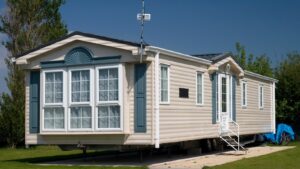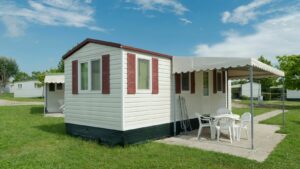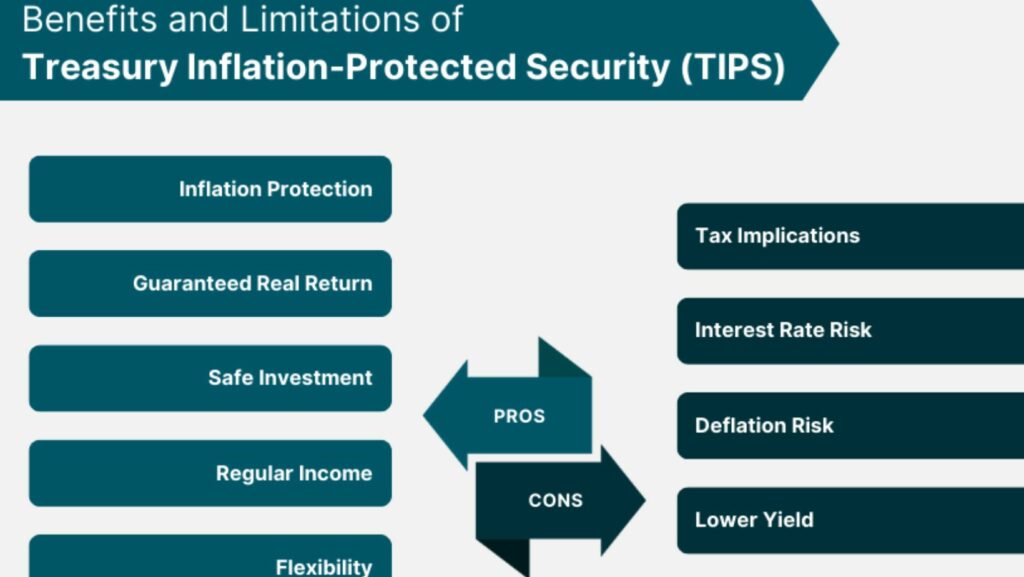In the ever-evolving world of real estate, unconventional investment opportunities are gaining popularity. One such option that’s creating a buzz is mobile homes. But is buying a mobile home a good investment?
So, let’s embark on this journey of exploring the lesser-known realms of real estate investment. Will a mobile home prove to be a goldmine or a money pit? Keep reading to find out.
Is Buying a Mobile Home a Good Investment

Diving further into this unconventional real estate venture, let’s pinpoint mobile homes as investments. Initially viewed as housing for lower-income individuals, mobile homes have transformed into a profitable investment niche. Monetary returns from mobile homes stem primarily from buying at a low price, upgrading, then selling or renting. Scenarios like this result in substantial cash flow for investors. Authorities such as the U.S. Census Bureau indicate an increase in mobile home sales from 93,000 in 2015 to 96,000 in 2018. Their affordability, compared to traditional homes, attracts a broad market base, amplifying investment potential. However, mobile home investments are not exempt from challenges. Ownership complications, maintenance costs, and depreciation can erode profits. Weighing these advantages and challenges is imperative for investors contemplating a mobile home investment. This segment enlightens on the comprehensive aspects dictating the viability of investing in mobile homes.
The Financial Implications of Owning a Mobile Home

Inherent in the financial obligations tied to mobile homes are expenses such as purchasing cost, maintenance, site rent, and insurance. According to a study by the U.S Census Bureau, the median price of a new mobile home in the United States was $64,500 in 2012. Parallel to this, annual maintenance costs can average around $1,000, with site rents averaging $3,000. The cost of insurance, consequently, depends on specific factors like location and home size. Owning a mobile home, despite being cheaper than traditional real estate, does carry sizable financial implications, indicating its designation as an investment should involve rigorous scrutiny. Besides initial outlay, prolonged overheads like repairs, lot rents, and insurance premiums bear influences on overall returns. However, an investor can mitigate these costs by making strategic decisions – buying in a high-demand area, for instance. Despite potential challenges, mobile homes persist as a potentially lucrative real estate niche.
Benefits of Investing in Mobile Homes
Diversification tops the list of benefits when investing in mobile homes. As a distinct subclass within the real estate sector, it presents an opportunity to spread risks. Investors profit from mobile homes through two key channels: rental income and capital appreciation. Buying, refurbishing, then renting opens a steady stream of passive income. According to the U.S. Census Bureau, renters constitute 44% of all mobile homeowners, presenting an ample market for investors.

In terms of capital appreciation, investors stand to gain from strategic purchases and the growing mobile home market. Unlike traditional homes, prices are significantly lower, averaging at about $64,500, paving the way for profitability even after factoring in expenses such as upgrade costs, site rent, and insurance expenses.
Moreover, mobile homes indicate impressive resilience to economic downturns. During periods of financial instability, the demand for affordable housing options, like mobile homes, escalates. Hence, investment in mobile homes can be a safe haven during market turbulence. Investors should, however, remain mindful of challenges such as ownership complexities and regular maintenance to maximize returns.
Challenges and Considerations
Mobile home investments aren’t without their hurdles. It’s essential to navigate ownership complexities and upkeep expenses to reap the benefits. These homes offer an affordable alternative to traditional real estate, making them a potentially profitable venture. Yet, investors must be vigilant about the costs involved. With a median price point of $64,500 and yearly maintenance fees averaging $1,000, it’s crucial to factor in these expenses when calculating returns. So, weigh the pros and cons carefully. Investing in mobile homes could diversify your portfolio and spread risks if you’re willing to face the challenges head-on.



